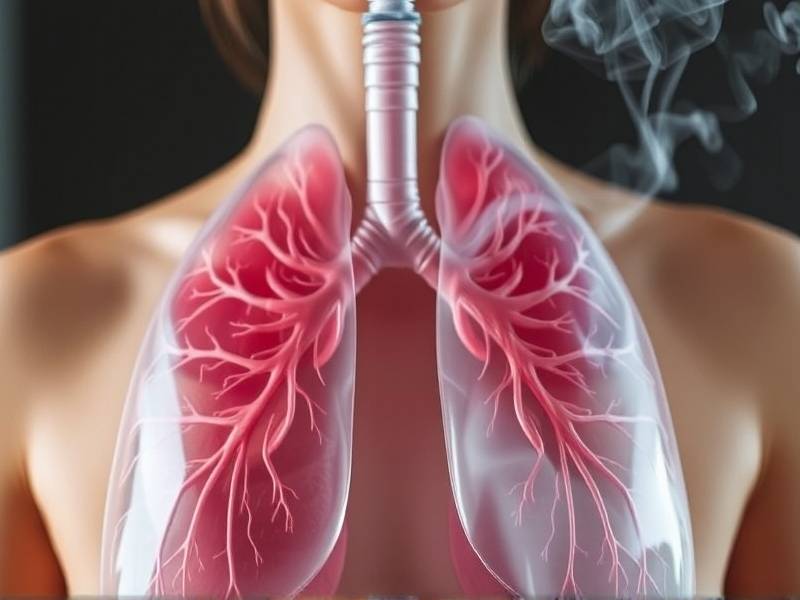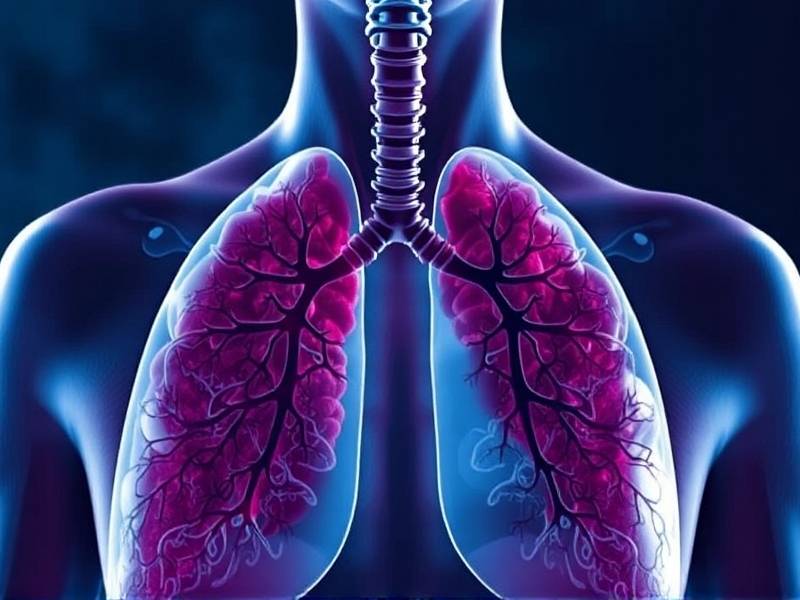How to Clean Your Lungs After You Quit Smoking: Effective Methods for a Healthier Breath
Introduction: The Journey to Cleaner Lungs
Quitting smoking is a monumental step towards better health, but the journey doesn't end there. Many former smokers are eager to know how to clean their lungs after they quit. This article delves into effective methods and tips to help you breathe easier and improve your lung health.
Understanding the Impact of Smoking on Lungs
The Harmful Effects of Tobacco Smoke
Tobacco smoke contains over 7,000 chemicals, including hundreds that are toxic and at least 69 that can cause cancer. Over time, these substances can lead to chronic obstructive pulmonary disease (COPD), emphysema, and other respiratory issues.
How Smoking Impairs Lung Function
The lungs are designed to take in oxygen and expel carbon dioxide. Smoking damages the alveoli—air sacs in the lungs—reducing their ability to expand and contract effectively. This hampers oxygen exchange and contributes to breathing difficulties.

Step-by-Step Guide to Lung Cleansing
1. Increase Water Intake
Hydration is key for lung cleansing. Drinking plenty of water helps flush out toxins from the body, including those accumulated in the lungs.
Tip: Aim for at least eight glasses of water a day.
2. Practice Deep Breathing Exercises
Deep breathing exercises can improve lung capacity and help clear out trapped mucus.
Exercises:
- Pursed Lip Breathing: Inhale slowly through your nose, then exhale through pursed lips as if you were whistling.
- Belly Breathing: Lie down or sit comfortably and focus on expanding your belly with each breath.
3. Engage in Regular Physical Activity
Exercise increases blood flow throughout the body, including the lungs. Activities like walking, cycling, or swimming can enhance lung function over time.
Recommendation: Aim for at least 150 minutes of moderate aerobic activity per week.
4. Avoid Air Pollution
Air quality plays a significant role in lung health. Minimize exposure to secondhand smoke, dust, pollen, and other irritants.
Tip: Use air purifiers at home if you live in an area with poor air quality.
5. Consider Herbal Remedies
Herbs like turmeric, ginger, and green tea have anti-inflammatory properties that may support lung health.
Note: Consult with a healthcare professional before starting any new supplement regimen.
Nutritional Support for Lung Health
Vitamin C
This antioxidant helps reduce oxidative stress on lung cells. Citrus fruits, strawberries, bell peppers, and kale are excellent sources of vitamin C.
Selenium
Selenium is another powerful antioxidant that may help protect against lung damage caused by smoking exposure. Brazil nuts are an excellent source of selenium.
Monitoring Progress
It's important to track your progress as you work towards cleaner lungs:
- Breath Test: Consider undergoing pulmonary function tests before and after quitting.
- Symptom Monitoring: Keep a journal of any changes in breathing difficulties or overall respiratory health.
- Health Check-ups: Regularly consult with your healthcare provider for professional advice and guidance.
Conclusion: A New Breath of Life
Cleaning your lungs after quitting smoking is a gradual process that requires patience and dedication. By incorporating these effective methods into your routine, you can breathe easier and enjoy improved lung health over time. Remember, every step towards cleaner lungs is a step towards a healthier life!

